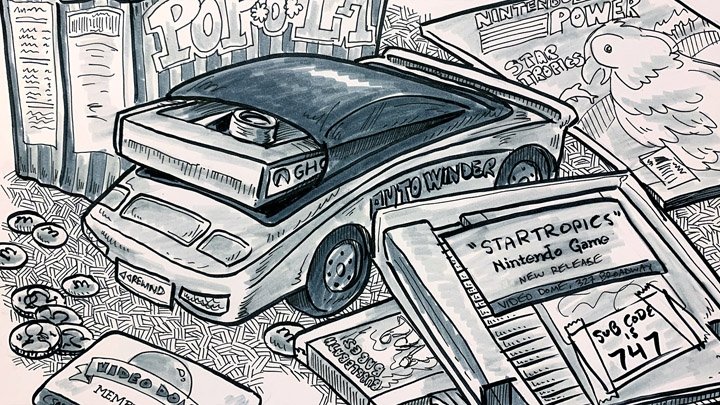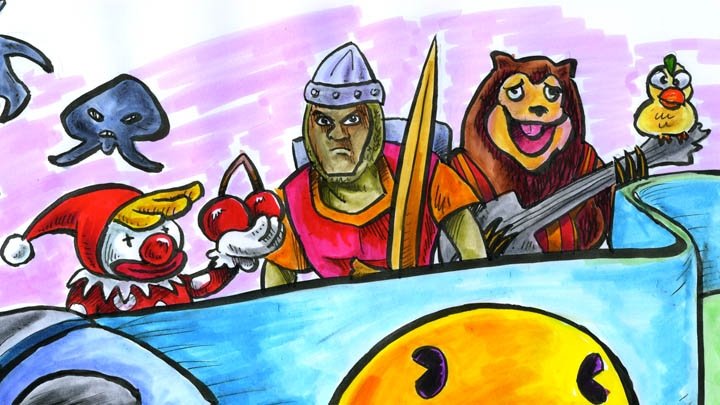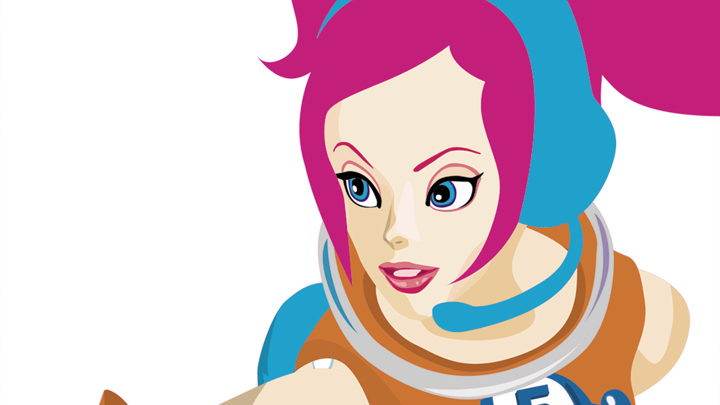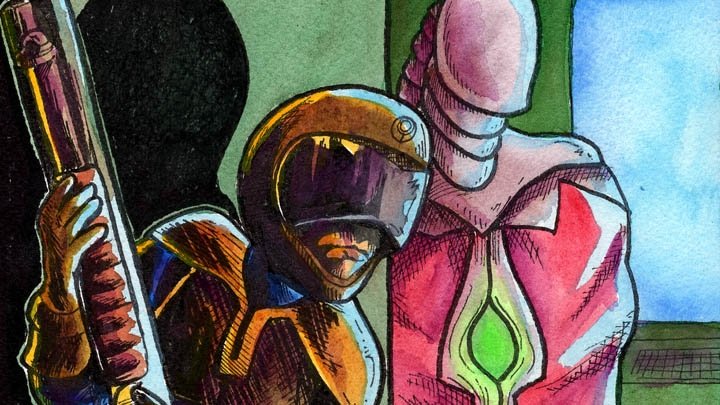"Super Nintendo, Sega Genesis, when I was dead broke, man I couldn't picture this"
What's the meaning behind the Notorious B.I.G's famous line?
Video games and hip-hop tend to mesh perfectly from time to time -- there's an infinite number of classic examples. You've got Bone-Thugs-N-Harmony sampling music from Eternal Champions, Inspectah Deck swinging swords like Shinobi on Wu-Tang Clan's classic "Triumph", and Swizz Beatz taking the little swoops from Golden Axe's "Thief's Theme" and using them on Jay-Z and DMX's "Money, Cash, Hoes". But one example stands tall above all else, and that's Christopher Wallace, AKA Biggie Smalls, AKA the Notorious B.I.G's opening to the third verse of his classic "Juicy".
"Super Nintendo, Sega Genesis, when I was dead broke, man I couldn't picture this."
In a song already filled with great lines and the nicest possible flow, this is perhaps the most memorable of the lot, and for so many reasons. The subject of "Juicy" is one that's pretty familiar in the hip-hop world, in that it's a song about success and coming up out of the ghetto -- but here, it's covered in a way that's utterly positive and life-affirming, a song of genuine gratitude to the people who made it possible for Biggie to get to where he is. Condos in Queens, indo for weeks, sold out seats to hear Biggie Smalls speak, Birthdays being the worst days but now you're sipping Champagne when you're thirsty (not the best idea, but we'll run with it) and of course, the invitation to call the crib, same number same hood, 'cause it's all good. And if you don't know, now you know.
"Juicy", the first single from B.I.G's seminal 1994 album "Ready to Die", is both timeless and very much of its time -- the good vibes and positivity will stay there forever, even if the references themselves have dated. Both Super Nintendo and Sega Genesis are used as status symbols, things that back in the early '90s wouldn't have exactly been high on the list of essential items for people in the projects, which Biggie naturally refers to with "When I was dead broke, man I couldn't picture this" -- as much as it's a lyric about luxuries, it's also another note in the song where Biggie remembers where he came from and how hard he worked to get here. It gives these items an entirely different meaning and makes them so much less disposable.
Although, of course, things change. Turn the pages forward seven years and you find another song from a Brooklyn-based rapper, "Take a Walk" by Masta Ace off of his 2001 album "Disposable Arts", which is all about the realities of day-to-day life in the ghetto (you'll know it if you've ever played Saints Row). In the song, Masta Ace talks about how "ya might see your neighbour, at the corner bodega, buying a malt liquor in exchange for a used Sega". The opening line of the song, "Let's take a walk through the deepest part of the hood, I wanna know who it was that said it was all good" has even been interpreted by some as a reference to Biggie's hit, which is something that may be even more justified by the later line in the song.
One of the great things about hip-hop is that almost every great track can be made into this gigantic patchwork, a Gordian Knot of callbacks, shout-outs and references that, together, tell the story of the music, the people that created it and the places they lived in. These two lines, where the humble Sega starts out as a mark of luxury and ends up as something traded for cheap booze, make up just one example of that. Perhaps more so than in any other genre, it's fun to try and piece the rap patchwork together. And if nothing else, it's a good excuse to listen to the music.




